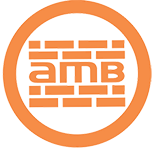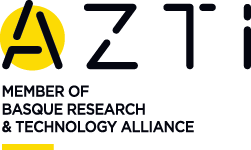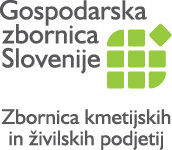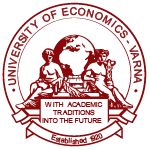The Kitchen Adventure aims to achieve lasting change in the public’s dietary habits to improve consumer health and facilitate a transition to a more sustainable EU food system. This will be achieved by engaging the target groups (students aged 10-12, 13-15 and 16-18 with their parents) in cooking activities in their own homes with sustainable plant-based recipes in focus, instructed by a chef live through Zoom.
Cooking sessions also include tailor-made, topic-related educational infotainment bits. To reinforce learning, the participants’ schools will also be involved to implement classroom lessons using lesson plans we provide about the topic. Proven effective in stage 1, The Kitchen Adventure will be scaled up to 4 EU countries (BG, ES, HU, PL) in 2024. In addition, to maximize public engagement, in cooperation with food chains, a hackathon-format "Cookathlon" will be will be piloted in 2025 (HU) and implemented in 2026 in 10 countries (AT, BG, ES, HU, IR, IT, LT, NL, PL, PT). The interventions aim to reverse the steep decline in home cooking that strongly correlates with decreasing dietary health effects and unsustainable eating habits. For all activities, thorough impact assessment will be conducted.
The Kitchen Adventure distinguishes itself by its unique focus on lasting behaviour change with its online supported offline activity model, enabling target groups to acquire cooking skills experientially in their own kitchen, where behaviour change needs to occur, reframing cooking as an enjoyable familial or peer leisure-time activity rather than a chore, making reengagement in cooking more attractive, showing that healthy and sustainable (plant-based) food can be palatable, thereby instilling desire for more, engaging parents, who, being the gatekeepers for the family’s dietary habits, are crucial to be involved, and its multipronged engagement strategy, engaging the target groups in both of their most influential environments (home and school). Together, these 5 tenets create a unique compound effect for lasting behaviour change, while the positive experience facilitates word of mouth dissemination by participants (as shown in stage 1 implementation).
The Kitchen Adventure expects facilitating a gradual shift towards healthier and more sustainable dietary choices (i.e., high eco-cost meat to low eco-cost meat, meat-centric diets to flexitarian or vegan, etc. and decreased consumption of ultra-processed foods, sugar, etc.).
Partners
- Climate Smart Elephant
- Bioazul
- Aarhus University
- Parents International
- Professional Forum for Education
- Food Bank in Olsztyn
Would you like to know more?
Contact info: Viktoria Soos | viktoria.soos@climatesmartelephant.com





























